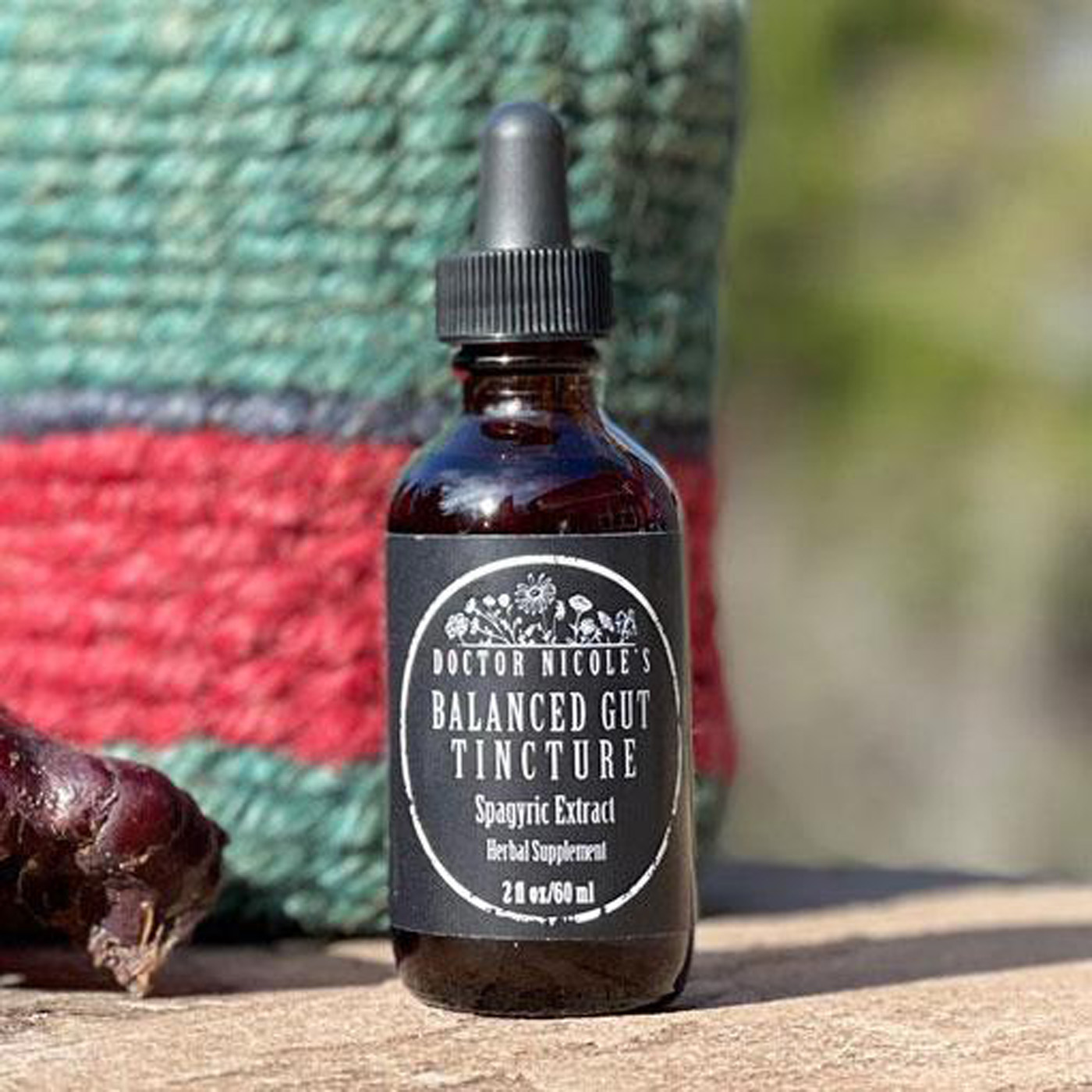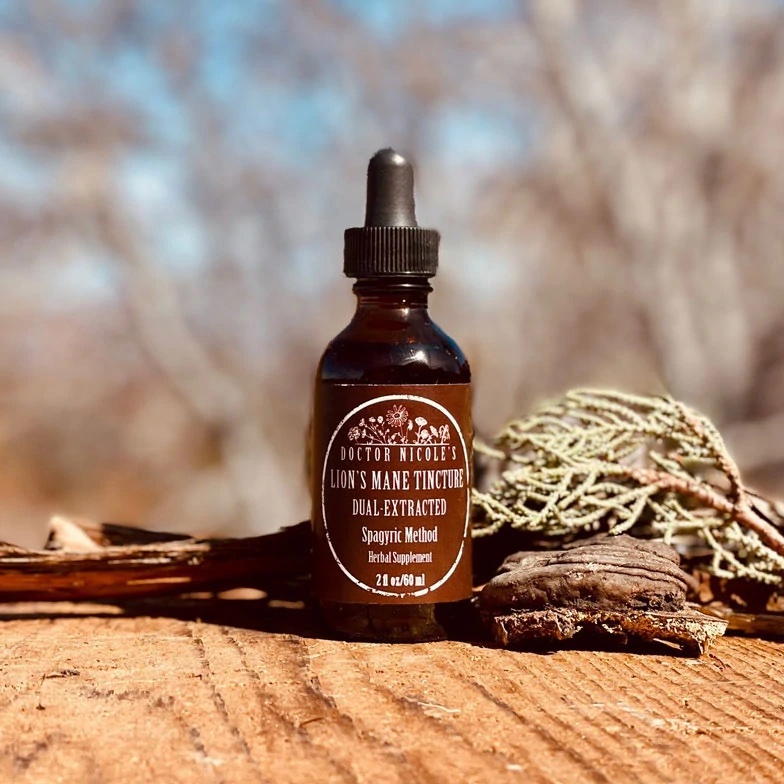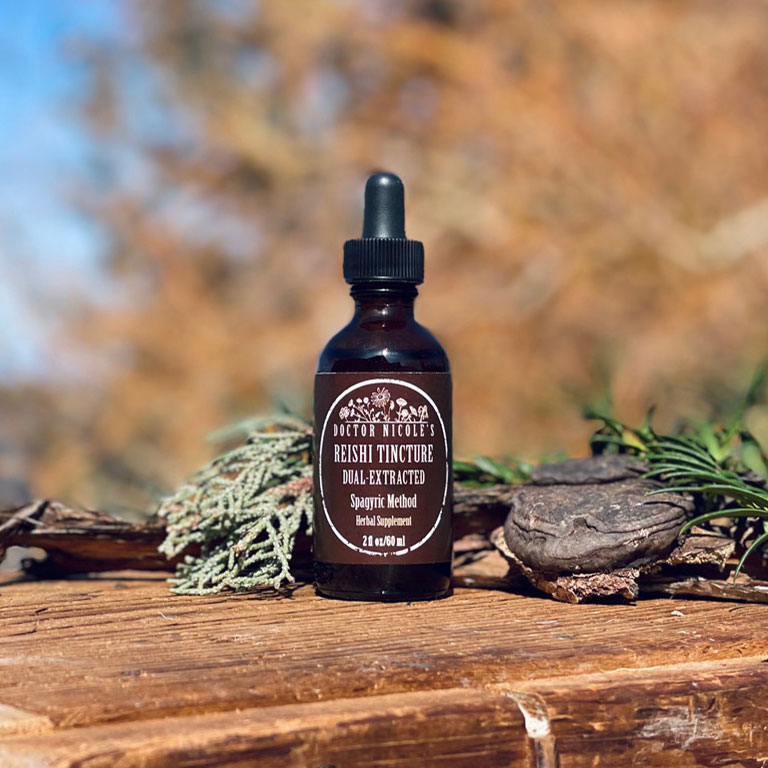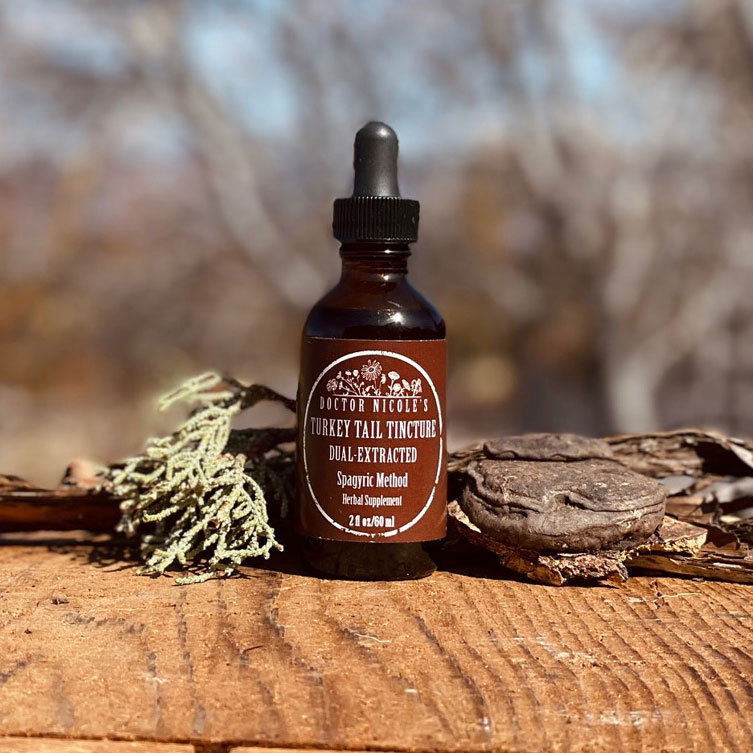The Impacts of Refined Sugar on the Microbiome
Researchers have now confirmed what health and wellness advocates have known for decades — refined sugar destroys your gut. It may come as no surprise that findings published in the journal Cell found that a Western diet high in refined foods, sugar, and fat leads to poorer health outcomes, such as metabolic syndrome and diabetes.2 But what remained a mystery is the mechanism behind the development of these diseases — until now.
Ivalyo Ivanov, PhD, associate professor of microbiology & immunology at Columbia University Vagelos College of Physicians and Surgeons, and his team set out to find an answer. And what they found is that the health of the microbiome is directly linked to these health conditions. Their findings drive the point home: Diet matters, especially in regards to the microbiome.
Specialized Bacteria in the Gut Found to Influence Immunity and Health
Using an animal model, the team fed mice a typical American diet that is high in processed foods, sugar, and fat. After four weeks, the animals exhibited symptoms of metabolic syndrome — including weight gain, insulin resistance, and glucose intolerance. Importantly, their microbiomes experienced dramatic changes where filamentous bacteria populations dropped significantly. These are bacteria that influence Th17 immune cells. The team discovered that when they are not present in significant enough amounts, the risk of metabolic disease, diabetes, and weight gain increases.
“These immune cells produce molecules that slow down the absorption of ‘bad’ lipids from the intestines and they decrease intestinal inflammation,” Ivanov says. “In other words, they keep the gut healthy and protect the body from absorbing pathogenic lipids.”1
You may be questioning, as I did, if sugar is the true culprit in these changes. Why not dietary fat? Those who eat a ketogenic diet can breathe a sigh of relief. Ivanov’s team firmly established that sugar was to blame.
“Sugar eliminates the filamentous bacteria, and the protective Th17 cells disappear as a consequence,” says Ivanov. “When we fed mice a sugar-free, high-fat diet, they retain the intestinal Th17 cells and were completely protected from developing obesity and pre-diabetes, even though they ate the same number of calories.”1
Interestingly, reducing sugar intake only worked with animals who already had filamentous bacteria to begin with — the dietary modification did not help mice who were lacking the bacteria. How does this apply to humans? Ivanov and colleagues believe that minimizing sugar intake will only be effective in people who already have colonies of these bacteria established within their microbiota. However, they suspect that specific probiotics may be helpful in those with less than ideal levels of filamentous bacteria. Here’s why.
In mice, the team found that supplementing with filamentous bacteria encouraged recovery of Th17 cells and, in turn, protected against metabolic syndrome and diabetes.
“Our study emphasizes that a complex interaction between diet, microbiota, and the immune system plays a key role in the development of obesity, metabolic syndrome, type 2 diabetes, and other conditions,” Ivanov says. “It suggests that for optimal health it is important not only to modify your diet but also improve your microbiome or intestinal immune system, for example, by increasing Th17 cell-inducing bacteria.”1
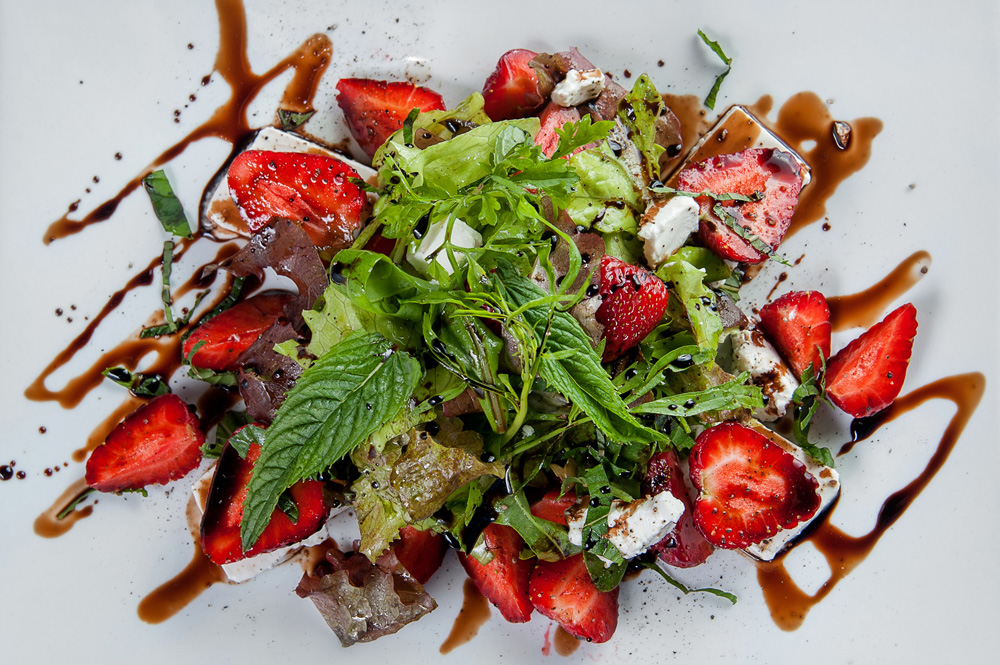
Naturally Supporting a Healthy Microbiome
I have written extensively about the importance of microbiome health not only for reducing the risk of disease, but also for managing autoimmune conditions, boosting immune function, and reducing mood disorders.3 Simply put, the microbiome is the foundation for overall wellbeing. This is why I emphasize taking steps each day to maximize the health of the gut.
A whole food diet high in plants is crucial. See this post for a comprehensive list of examples. Lowering stress is important as well. Activities like gardening give your microbiome a healthy boost too.4
Additionally, medicinal herbs are an outstanding option for cultivating a robust microbiome. For this purpose, my favorite botanicals include reishi, turkey tail, and lion’s mane mushrooms, along with plantain, slippery elm, and marshmallow. Each is found in our Balanced Gut Blend.
Reishi’s anti-inflammatory action helps to heal leaky gut, while beneficial beta glucans, glycoproteins, and triterpenes support overall gut health. Turkey tail also calms inflammation. Additionally, it provides prebiotics to feed “good” bacteria in the gut and controls the overgrowth of candida. Lion’s mane mushroom is known to cool the inflammatory response. Plantain, slippery elm, and marshmallow root soothe the mucous membranes and form a protective layer that helps the gut to regenerate. Plantain is also anti-inflammatory.
If you are ready to heal your gut and encourage a robust microbiome, visit the apothecary today and learn more about how natural extracts can change your life for the better!
Nicole Apelian
Nicole’s Apothecary Products in this Post
References
- Columbia University Irving Medical Center. (2022, August 29). Sugar disrupts microbiome, eliminates protection against obesity and diabetes. ScienceDaily. Retrieved December 20, 2022 from www.sciencedaily.com/releases/2022/08/220829194721.htm
- Yoshinaga Kawano, Madeline Edwards, Yiming Huang, Angelina M. Bilate, Leandro P. Araujo, Takeshi Tanoue, Koji Atarashi, Mark S. Ladinsky, Steven L. Reiner, Harris H. Wang, Daniel Mucida, Kenya Honda, Ivaylo I. Ivanov. Microbiota imbalance induced by dietary sugar disrupts immune-mediated protection from metabolic syndrome. Cell, 2022; DOI: 10.1016/j.cell.2022.08.005
- Robby Berman, Hannah Flynn. Sugar disrupts microbiome and immune function, leading to metabolic disorders. Medical News Today, September 6, 2022. Retrieved December 20, 2022 from https://www.medicalnewstoday.com/articles/sugar-disrupts-microbiome-and-immune-function-leading-to-metabolic-disorders
- Reber, S., Siebler, P., Donner, N., et al. (2016). Immunization with a heat-killed preparation of the environmental bacterium Mycobacterium vaccae promotes stress resilience in mice. Proceedings of the National Academy of Sciences, 113(22), E3130-E3139.


